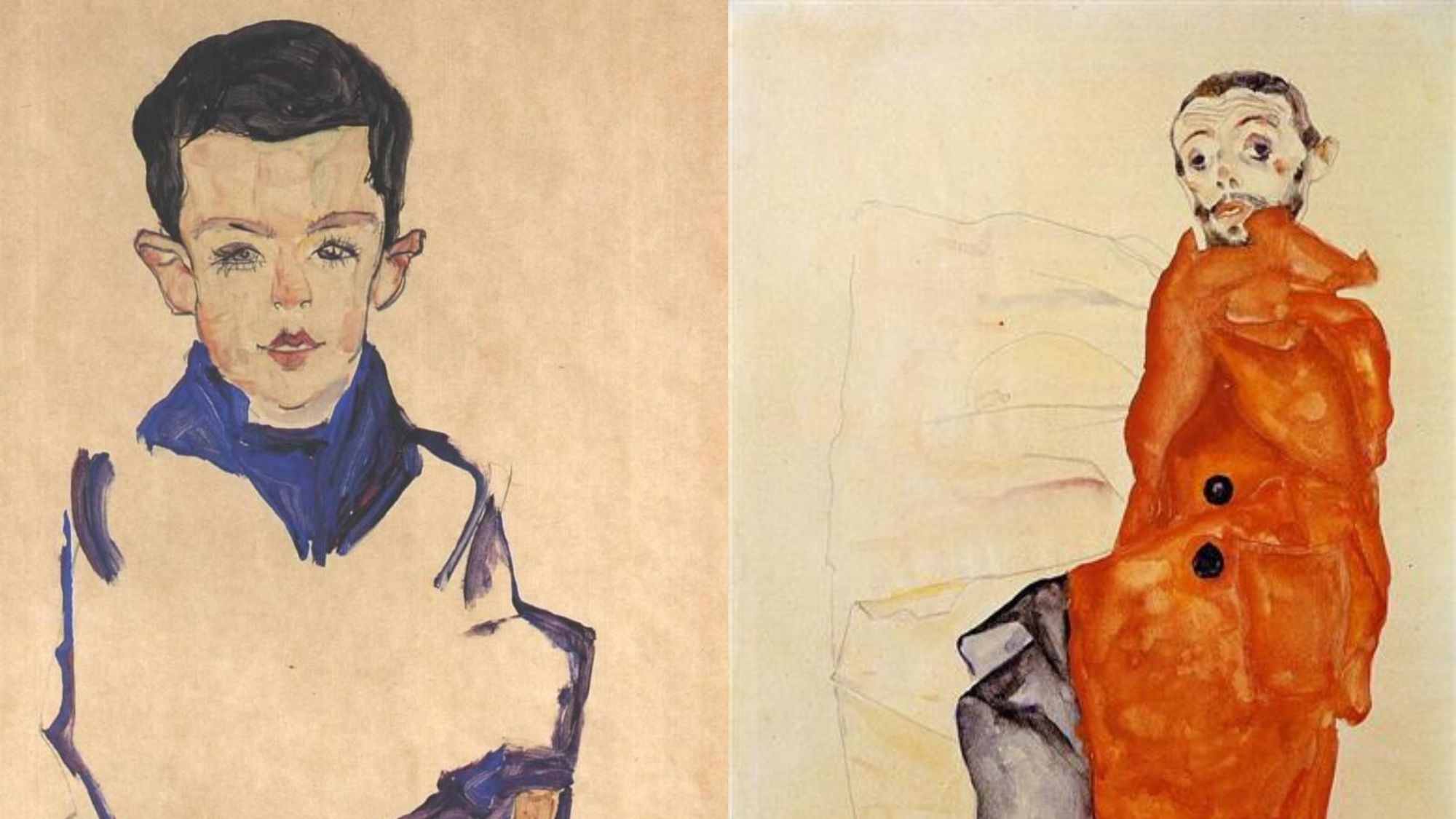Artworks stolen by Nazis returned to heirs of cabaret performer
Good news stories from the past seven days

A free daily email with the biggest news stories of the day – and the best features from TheWeek.com
You are now subscribed
Your newsletter sign-up was successful
Relatives of a Viennese cabaret artist murdered by the Nazis in 1941 have won a 20-year battle for the restitution of part of his prized art collection. Fritz Grünbaum, who died at Dachau, owned dozens of works by Egon Schiele, along with many more by other artists, all of which his wife was forced to hand over after his arrest in 1938; she died in a camp in 1942. Labelled "degenerate", the Schieles were sold to fund the Nazi Party; and seven of them wound up in public museums and private collections in the US. Following a lengthy legal process, these were finally returned to Grünbaum's heirs last week, at a ceremony in New York. The works will now be sold, to fund performing arts scholarships in Grünbaum's name.
Ice House to become circus training centre
A 19th century thatched ice house, built on the quay in Great Yarmouth when the town was a thriving centre of the local fishing industry, is to be restored with the aid of a £2m National Lottery grant, and turned into a training centre for circus arts. The transformation of the Grade II building, which was used to keep fish cool before they were sent to Billingsgate Market in London, is part of a wider project to reinvent Great Yarmouth as a capital of circus and street arts.
Dunkirk shipwreck search
More than 800 ships, ranging from small pleasure boats to huge destroyers, helped rescue the British troops stranded at Dunkirk in May-June 1940; 305 never came home. Now, as part of a joint Anglo-French initiative, marine archaeologists are going to search for the wrecks of the boats lost during Operation Dynamo, visit them, and map them. The project is expected to result in some extraordinary photographs and footage for the Dunkirk War Museum; divers will also take measures to make sure the ships are not leaking pollutants into the sea.
The Week
Escape your echo chamber. Get the facts behind the news, plus analysis from multiple perspectives.

Sign up for The Week's Free Newsletters
From our morning news briefing to a weekly Good News Newsletter, get the best of The Week delivered directly to your inbox.
From our morning news briefing to a weekly Good News Newsletter, get the best of The Week delivered directly to your inbox.
A free daily email with the biggest news stories of the day – and the best features from TheWeek.com
-
 Local elections 2026: where are they and who is expected to win?
Local elections 2026: where are they and who is expected to win?The Explainer Labour is braced for heavy losses and U-turn on postponing some council elections hasn’t helped the party’s prospects
-
 6 of the world’s most accessible destinations
6 of the world’s most accessible destinationsThe Week Recommends Experience all of Berlin, Singapore and Sydney
-
 How the FCC’s ‘equal time’ rule works
How the FCC’s ‘equal time’ rule worksIn the Spotlight The law is at the heart of the Colbert-CBS conflict
-
 Corruption: The spy sheikh and the president
Corruption: The spy sheikh and the presidentFeature Trump is at the center of another scandal
-
 Putin’s shadow war
Putin’s shadow warFeature The Kremlin is waging a campaign of sabotage and subversion against Ukraine’s allies in the West
-
 The fall of the generals: China’s military purge
The fall of the generals: China’s military purgeIn the Spotlight Xi Jinping’s extraordinary removal of senior general proves that no-one is safe from anti-corruption drive that has investigated millions
-
 Epstein files topple law CEO, roil UK government
Epstein files topple law CEO, roil UK governmentSpeed Read Peter Mandelson, Britain’s former ambassador to the US, is caught up in the scandal
-
 Iran and US prepare to meet after skirmishes
Iran and US prepare to meet after skirmishesSpeed Read The incident comes amid heightened tensions in the Middle East
-
 Syria’s Kurds: abandoned by their US ally
Syria’s Kurds: abandoned by their US allyTalking Point Ahmed al-Sharaa’s lightning offensive against Syrian Kurdistan belies his promise to respect the country’s ethnic minorities
-
 Israel retrieves final hostage’s body from Gaza
Israel retrieves final hostage’s body from GazaSpeed Read The 24-year-old police officer was killed during the initial Hamas attack
-
 China’s Xi targets top general in growing purge
China’s Xi targets top general in growing purgeSpeed Read Zhang Youxia is being investigated over ‘grave violations’ of the law